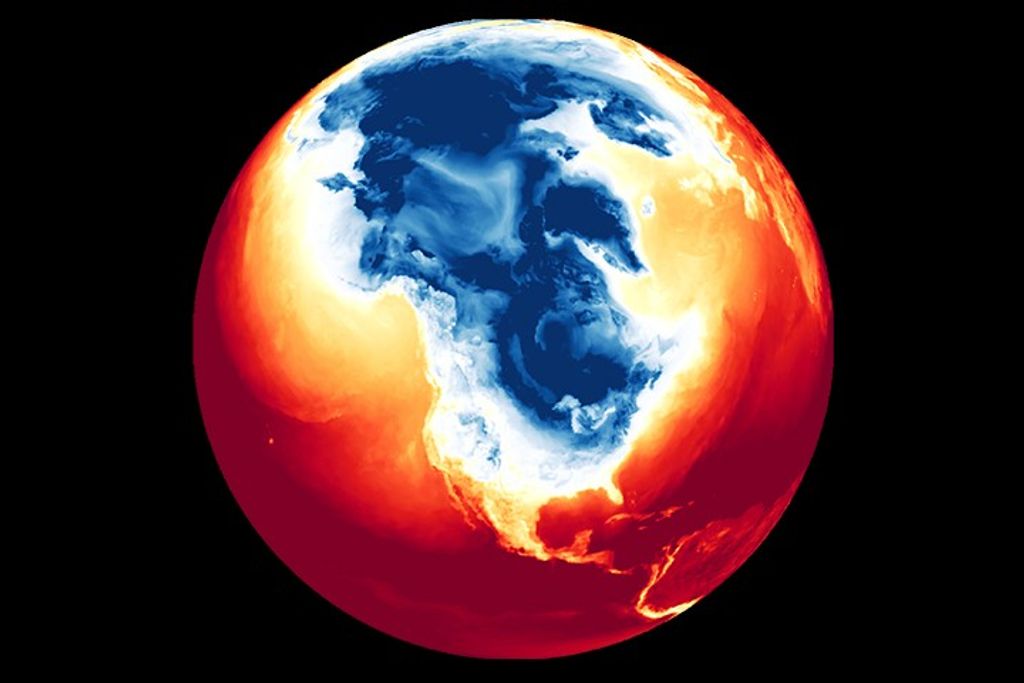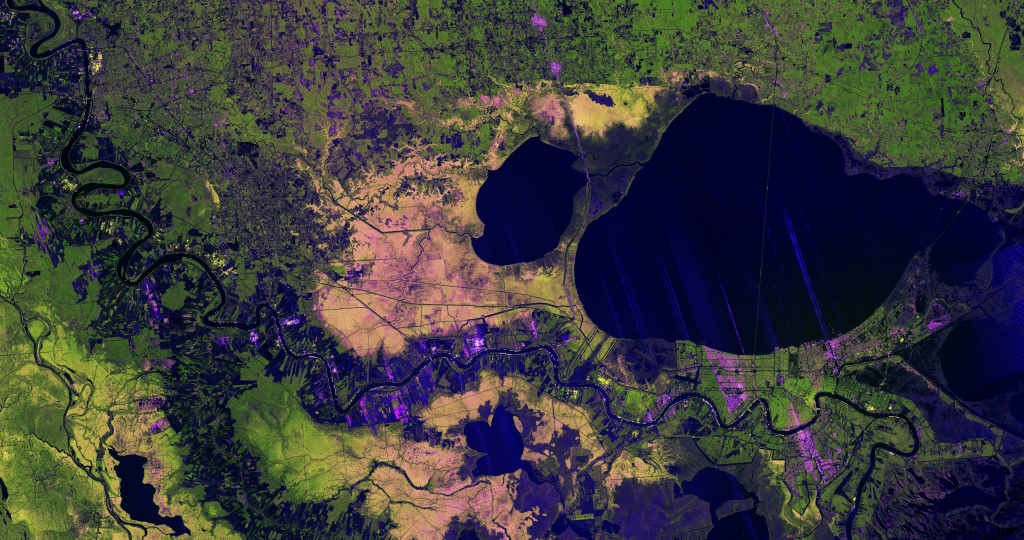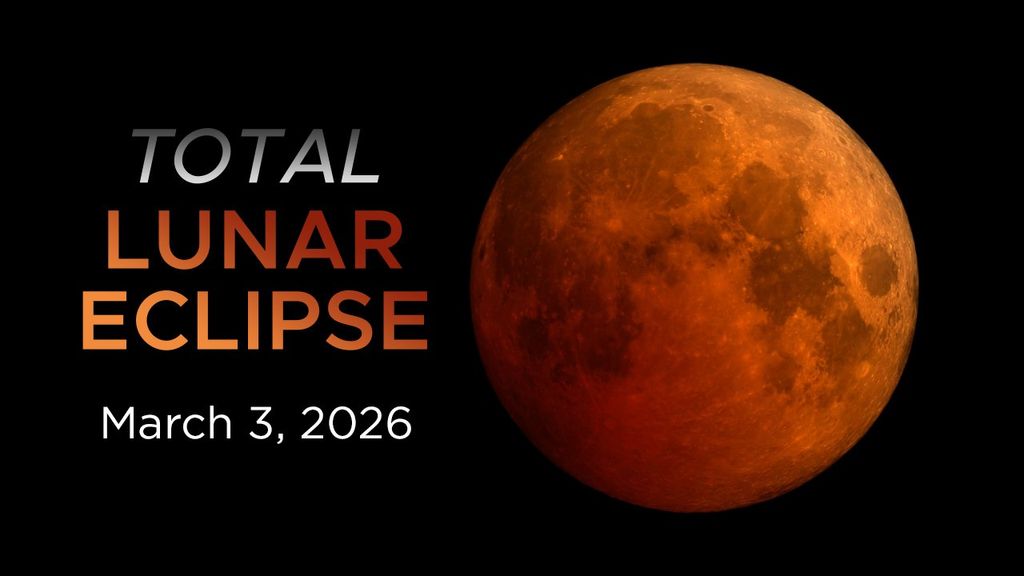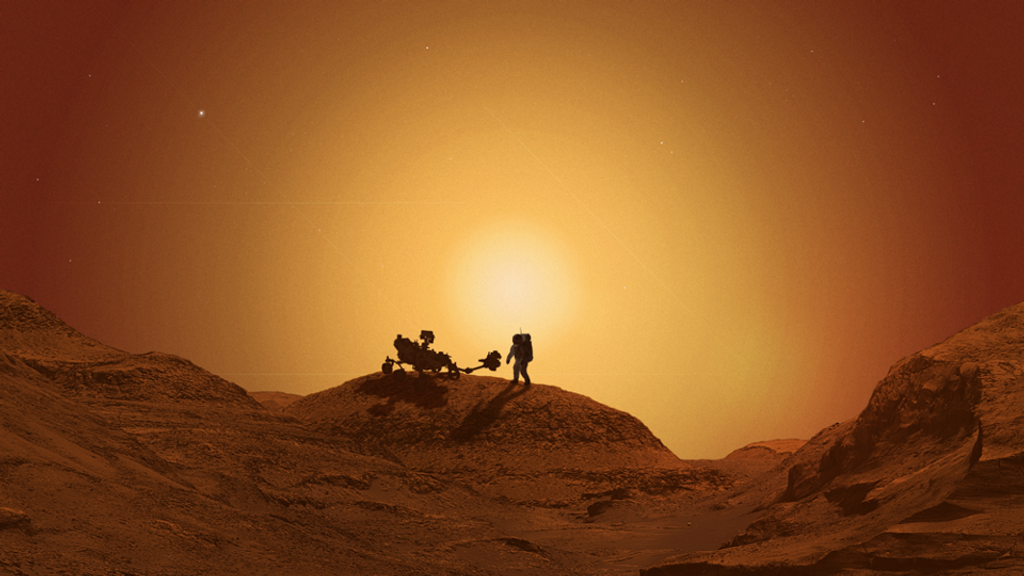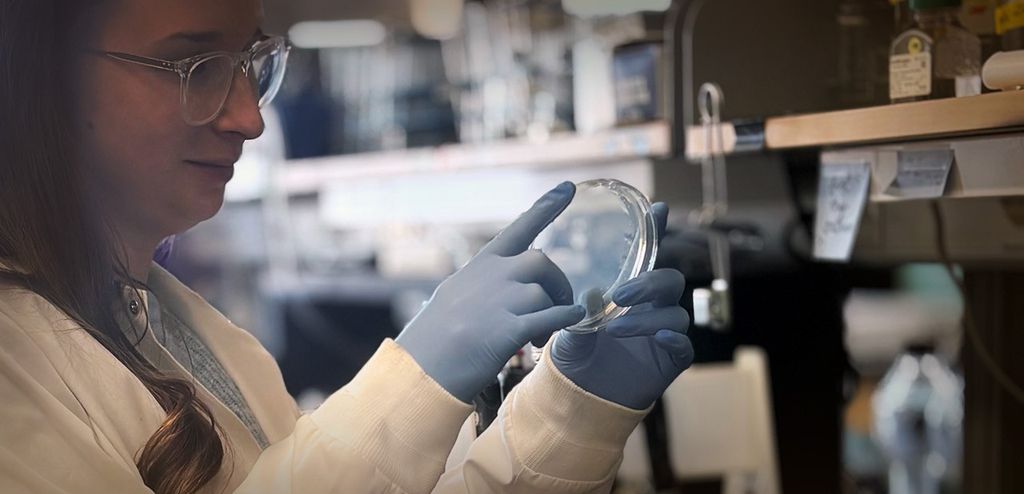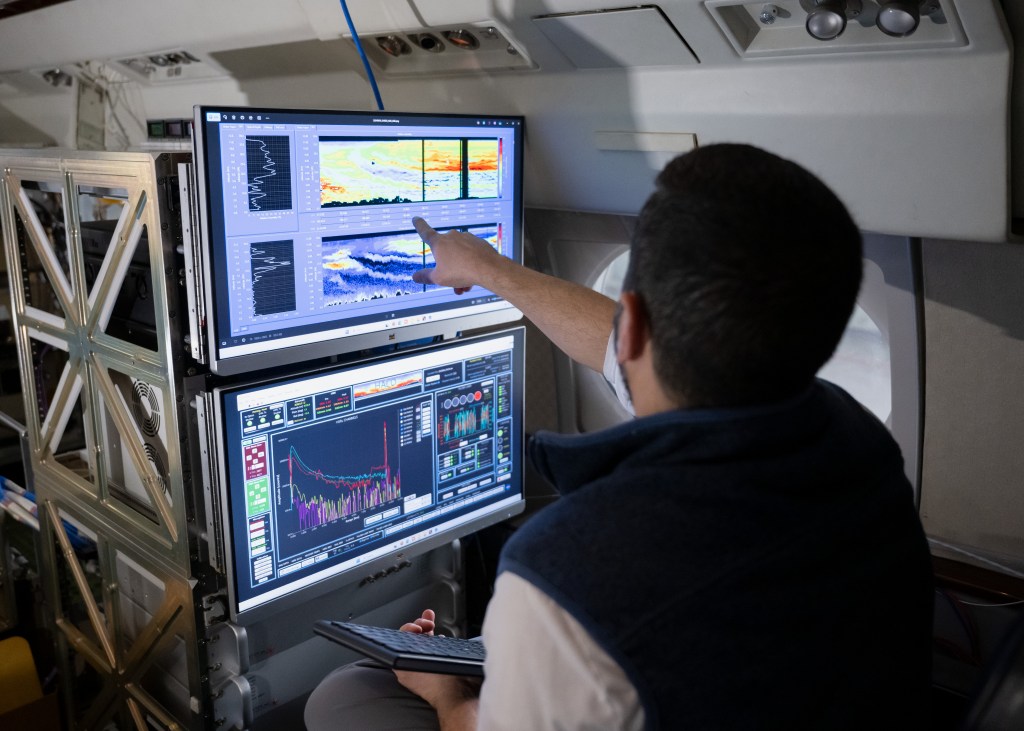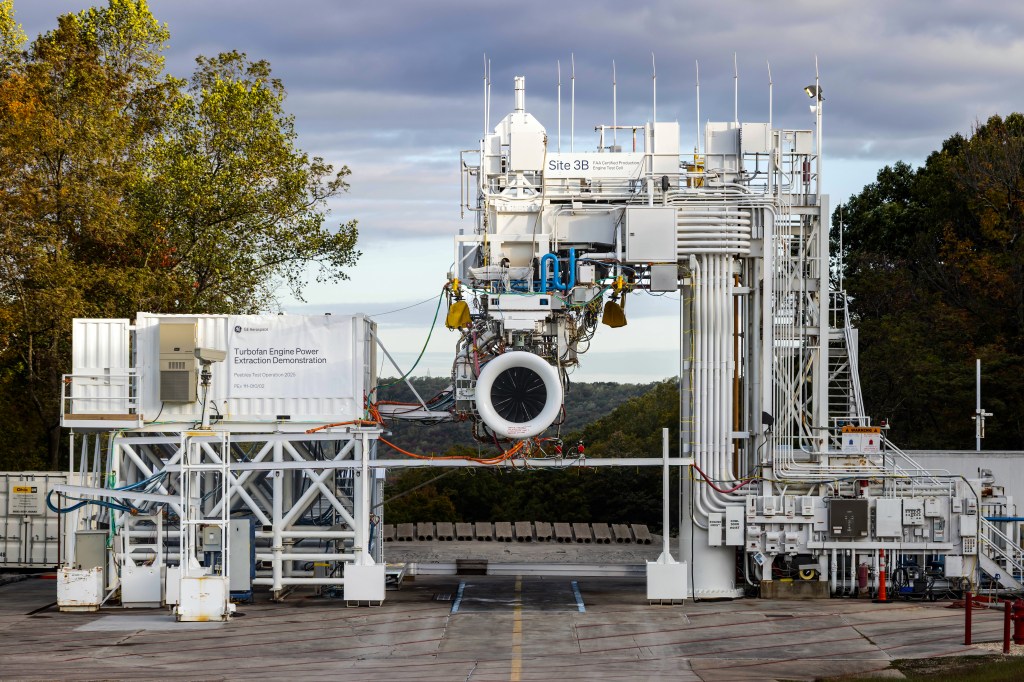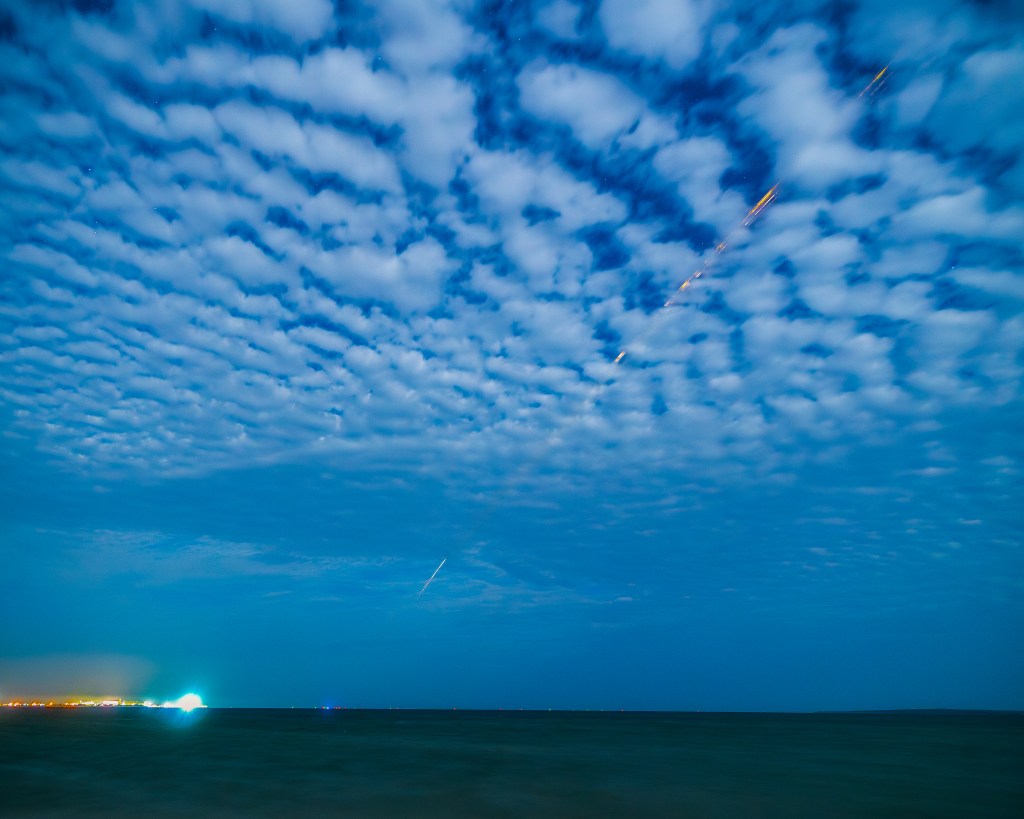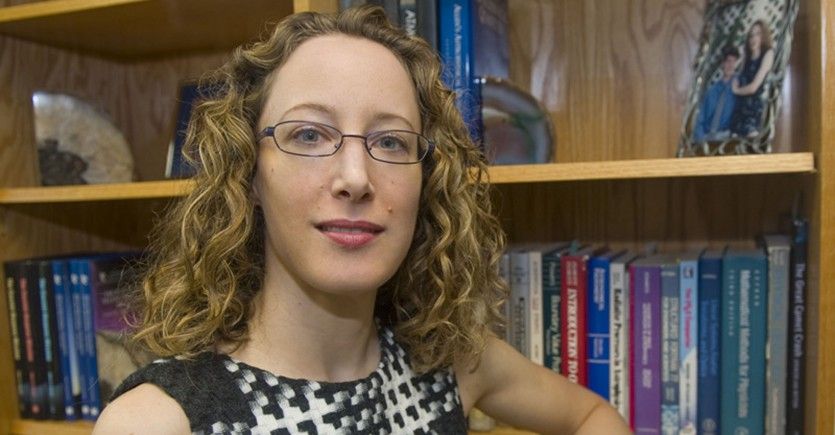
Amy Simon
Planetary Scientist
Contents
- Where are you from?
- How did you end up working in the space program?
- Who inspired you?
- What is an Astrophysicist?
- Tell us about a favorite moment so far in your career?
- What advice would you give to someone who wants to take the same career path as you?
- What do you do for fun?
- If you were talking to a student interested in science and math or engineering, what advice would you give them?
- Where are they from?
Where are you from?
I am originally from Union, N. J.
How did you end up working in the space program?
All through school I took every science, technology, engineering and mathematics (STEM) course available, because they were all so interesting to me. I was determined to be an astronaut some day, and hopefully even walk on Mars!
From then on, I knew that I wanted to study space and work for NASA.
As I went through college, I found out that to be an astronaut, it helped to have an advanced degree. I decided to continue my schooling and get my Ph.D. During this time I started to work on various robotic mission teams, including analyzing data from the Hubble Space Telescope, and the Galileo mission to Jupiter. Since then I have been involved entirely with robotic missions, including studying future missions. My work with the Cassini mission to Saturn led to my current job at NASA’s Goddard Space Flight Center (GSFC). I particularly like the blend of science and engineering involved in mission work.
Sometimes you have to tackle a problem from many different ways to understand it and you should never be afraid to ask for help until you do understand. To advance in any field, we need people who think about problems in different ways!- Amy Simon
Who inspired you?
I always loved all types of science and nature. My defining moment was when Dr. Sally Ride became the first American woman in space. From then on, I knew that I wanted to study space and work for NASA.
What is an Astrophysicist?
It’s kind of a fancy word for anyone with a Ph.D. in Astronomy (which also requires a lot of physics study). Some people are more specific and say it only applies to people who study the Universe, rather than anything in the solar system. Because my work focuses on planetary atmospheres, I consider myself a planetary scientist.
Tell us about a favorite moment so far in your career?
Being the first person to see a particular view of another world is always exciting. Still, probably the best one was when the comet Shoemaker-Levy 9 fragments hit Jupiter in 1994. I was still in graduate school and I was invited to spend the entire week of the impacts at the Space Telescope Science Institute working behind the scenes. The Hubble optics had just been repaired, and we were just blown away by the spectacular images and the marks left by each impact. The teamwork of so many dedicated folks was also amazing, and that has been true for every mission where I’ve been involved.
What advice would you give to someone who wants to take the same career path as you?
Study hard and don’t give up, but also look for the opportunities that may lead you down completely unknown, and very exciting paths!
What do you do for fun?
I like to play sports, mostly softball and volleyball. I spend time with my son Sean and husband Neal taking nature hikes. I also like sewing and quilting, but my cats Axl, Andy, Anna, and Speedy make that difficult.
If you were talking to a student interested in science and math or engineering, what advice would you give them?
For some folks, science, engineering and math will come naturally and seem very easy; these people should challenge themselves to take courses that are demanding and move out of their comfort zone — you learn more that way! For those who have a harder time, you should not give up. Sometimes you have to tackle a problem from many different ways to understand it and you should never be afraid to ask for help until you do understand. To advance in any field, we need people who think about problems in different ways!
Where are they from?
Planetary science is a global profession.


